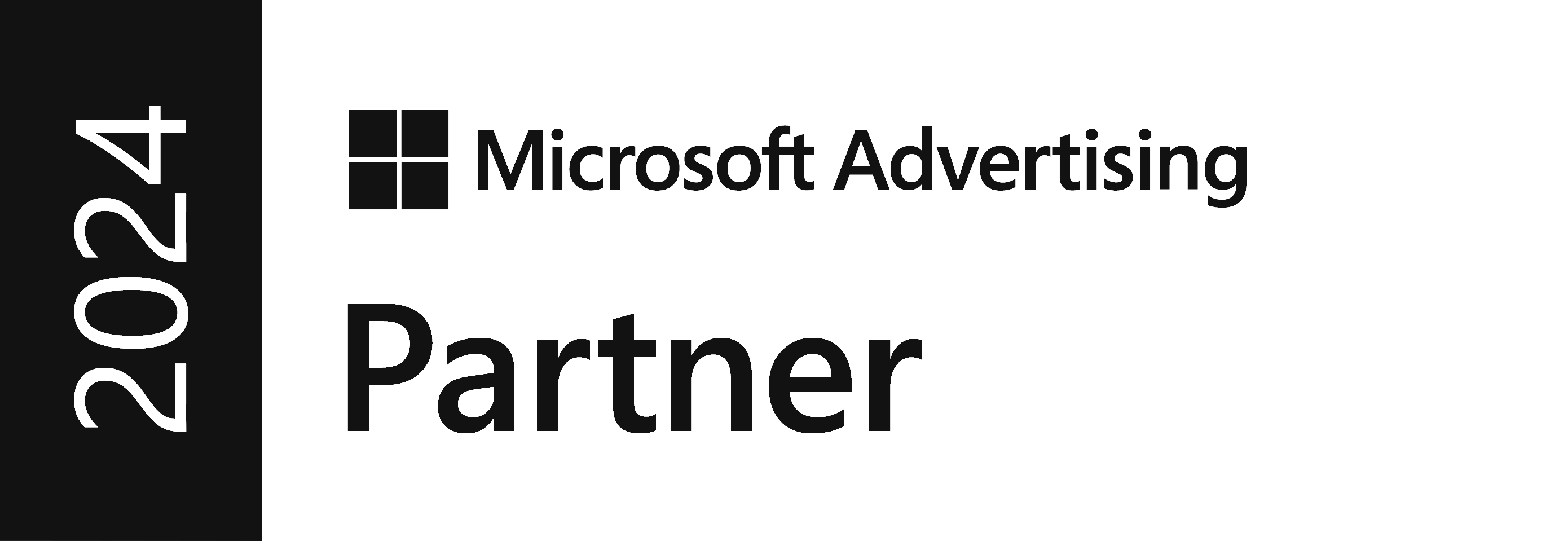In the vast landscape of digital marketing, two marketing strategies play vital roles in driving website visibility, engagement, and conversion: search engine optimization (SEO) and Paid Media.
These approaches, although distinct in nature, share a common purpose—to enhance a website's performance and attract the attention of online audiences.
To understand their significance on your overall Digital Marketing Strategy, let's delve into an analogy that compares SEO to a website's skeleton, providing structure and the foundation of success, while paid media represents the muscle and skin, enabling your websites marketing to stand out and make a lasting impression.
The SEO Skeleton
Imagine a website as a living organism. Just as the human body relies on a sturdy skeleton, a website relies on SEO to provide a solid framework.
SEO encompasses various techniques and practices aimed at optimizing a website's visibility and organic reach on search engine results pages (SERPs). Much like a skeleton, SEO forms the fundamental structure that supports a website's overall performance and success.
Keywords: The Foundation Blocks
Keywords act as the building blocks of SEO, just like the bones in a skeleton. These targeted words and phrases form the basis for content creation, ensuring that websites align with users' search queries.
By strategically incorporating relevant keywords into website content, meta tags, and headers, SEO enables search engines to recognize and index web pages more effectively.
On-Page Optimization: The Framework
Similar to how joints and ligaments connect bones, on-page optimization interlinks various components of a website, reinforcing its structure.
This includes optimizing page titles, meta descriptions, URLs, and header tags. By enhancing the website's code and structure, on-page optimization helps search engines understand the content better, improving its chances of ranking higher in search results.
Technical SEO: The Internal Systems
The internal systems and organs of our body keep everything functioning smoothly. Similarly, technical SEO focuses on optimizing a website's technical aspects, ensuring it operates efficiently.
This involves improving site speed, mobile responsiveness, site architecture, and addressing issues like broken links or duplicate content. Technical SEO enables search engines to crawl and index websites more effectively, enhancing overall user experience.
Paid Media as the Muscle and Skin
While SEO forms the website's underlying framework, paid media strategies contribute to its visibility, appeal, and promotional power. Paid media serves as the muscle and skin, providing the website with the strength and aesthetic appeal to stand out in the crowded digital arena.
Pay-Per-Click (PPC) Advertising: Boosting Visibility
PPC advertising, such as Google AdWords or social media ads, acts as the muscle that propels a website to the forefront. By bidding on relevant keywords and targeting specific audiences, PPC campaigns can drive targeted traffic to a website.
This immediate boost in visibility complements the long-term organic growth achieved through SEO, creating a robust online presence.
Display Advertising: Captivating the Senses
Display advertising, like banners or rich media ads, works as the skin that wraps a website, captivating the senses of visitors. Through eye-catching visuals and compelling ad placements, display advertising enhances brand exposure and engagement.
By strategically placing ads on relevant websites or using retargeting techniques, display ads help to create a memorable brand experience for users.
Social Media Advertising: A Vibrant Presence
Social media platforms act as the vibrant muscles and skin that surround a website, providing it with a dynamic and interactive presence. Through targeted advertising on platforms like Facebook, Instagram, or LinkedIn, businesses can reach their desired audiences with precision.
Social media ads leverage demographic and interest-based targeting, allowing companies to engage with potential customers, increase brand awareness, and drive website traffic.
In the intricate world of digital marketing, both SEO and paid media play crucial roles in shaping a website's success. Comparing SEO to a website's skeleton and paid media to its muscle and skin helps us understand the distinct yet interconnected nature of these strategies.
SEO establishes the foundation by optimizing the website's structure, content, and technical elements, allowing it to gain visibility and organic traffic over time. It provides the essential framework upon which a website's growth and performance are built.
On the other hand, paid media strategies, such as PPC advertising, display advertising, and social media advertising, provide an immediate boost in visibility, engagement, and brand exposure. These paid channels act as the dynamic muscle and skin, attracting attention, captivating audiences, and creating a vibrant online presence.
For a comprehensive digital marketing strategy, businesses need to focus on both SEO and paid media. While SEO provides long-term organic growth and a solid foundation, paid media amplifies visibility, drives targeted traffic, and enhances brand awareness.
By combining the power of SEO's skeletal structure with the muscle and skin of paid media, businesses can unlock the full potential of their websites, attracting and engaging their target audience, and ultimately achieving digital marketing success.
Remember, just as the human body relies on the collaboration of its skeleton, muscles, and skin to function optimally, a website's success lies in the harmonious integration of SEO and paid media in the digital marketing landscape.
1st Floor, Alphin Brook House,
Alphin Brook Road,
Exeter EX2 8RG
MORE THAN
Digital
Marketing.
View our sustainability page.
PPC for B2B
PPC for Law Firms
PPC for Luxury Ecommerce Brands
PPC for Travel and Tourism
GEO Audit






